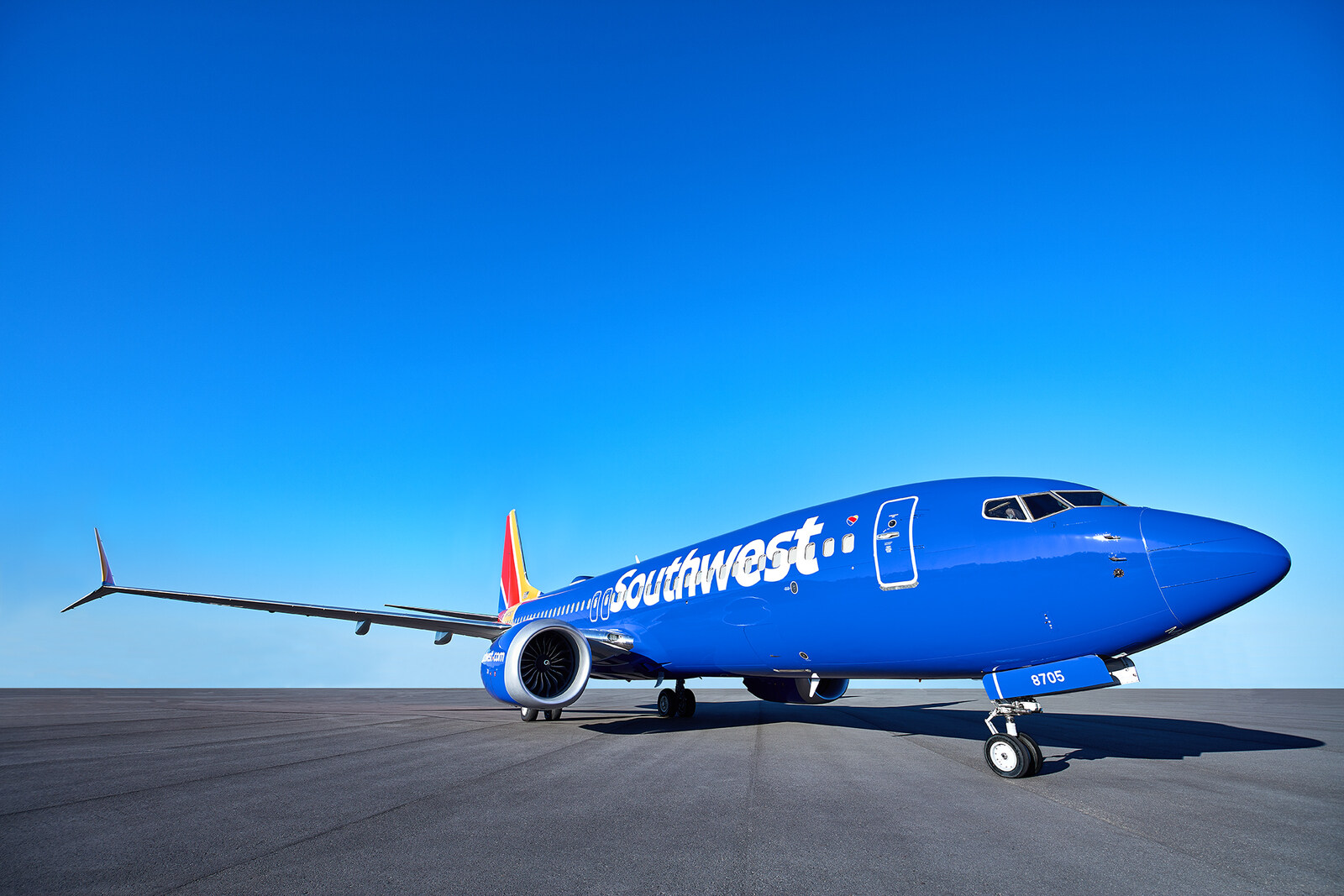
Ever wondered why low-cost carriers (LCCs) are so popular? These budget-friendly airlines have revolutionized air travel, making it accessible to millions. But what makes them tick? From their no-frills service to their efficient use of aircraft, LCCs have mastered the art of cutting costs while maintaining safety and reliability. Did you know that these airlines often use secondary airports to save on fees? Or that they typically offer a single class of service to streamline operations? Intrigued yet? Buckle up as we dive into 17 fascinating facts about low-cost carriers that will change how you think about flying.
Key Takeaways:
- Low-cost carriers offer budget-friendly flights by cutting out extras and using cost-saving strategies, making air travel accessible to more people and forcing traditional airlines to lower prices and innovate.
- Despite their success, low-cost carriers face challenges like fluctuating fuel costs and navigating complex regulations, which can impact their operations and profitability.
What Are Low-Cost Carriers?
Low-cost carriers (LCCs) have revolutionized air travel by offering affordable flights. These airlines focus on cost-saving measures to provide budget-friendly options for travelers. Here are some fascinating facts about LCCs.
-
First LCC: Southwest Airlines, founded in 1967, is considered the first low-cost carrier. It pioneered the model of offering no-frills service at a lower price.
-
No-Frills Service: LCCs often cut costs by eliminating extras like free meals, in-flight entertainment, and checked baggage. Passengers pay only for what they need.
-
Point-to-Point Routes: Unlike traditional airlines that use a hub-and-spoke system, LCCs often operate point-to-point routes. This reduces layovers and shortens travel time.
-
Secondary Airports: Many LCCs use secondary airports to avoid high landing fees and congestion. This can mean cheaper tickets but longer travel times to the airport.
How Do Low-Cost Carriers Keep Prices Low?
LCCs employ various strategies to maintain low prices. These methods allow them to offer competitive fares while still turning a profit.
-
Single Aircraft Model: Many LCCs use a single type of aircraft, like the Boeing 737 or Airbus A320. This simplifies maintenance and training, reducing costs.
-
High Aircraft Utilization: LCCs maximize aircraft usage by minimizing turnaround times. Quick cleaning and boarding processes ensure planes spend more time in the air.
-
Direct Sales: Selling tickets directly through their websites avoids commission fees paid to travel agents. This keeps prices lower for consumers.
-
Ancillary Revenue: LCCs often charge for additional services like seat selection, priority boarding, and in-flight snacks. These extra fees contribute significantly to their revenue.
Popular Low-Cost Carriers Around the World
LCCs operate globally, making air travel accessible to millions. Here are some well-known low-cost carriers from different regions.
-
Ryanair: Based in Ireland, Ryanair is Europe's largest LCC. Known for its ultra-low fares, it serves over 200 destinations.
-
AirAsia: This Malaysian airline is a major player in Asia. AirAsia offers affordable flights across the continent and has won numerous awards for its service.
-
JetBlue: An American LCC, JetBlue is known for offering more amenities than typical low-cost carriers, including free Wi-Fi and in-flight entertainment.
-
EasyJet: Another European giant, EasyJet operates over 1,000 routes in more than 30 countries. It focuses on major airports, unlike many other LCCs.
The Impact of Low-Cost Carriers on the Airline Industry
LCCs have significantly influenced the airline industry, changing how people travel and how airlines operate.
-
Increased Competition: LCCs have forced traditional airlines to lower their prices and improve efficiency. This competition benefits consumers with more choices and better deals.
-
Travel Accessibility: Affordable flights have made air travel accessible to a broader audience. More people can now afford to fly, boosting tourism and business travel.
-
Innovation: The success of LCCs has driven innovation in the industry. Traditional airlines have adopted some cost-saving measures and introduced basic economy fares to compete.
Challenges Faced by Low-Cost Carriers
Despite their success, LCCs face several challenges that can impact their operations and profitability.
-
Fuel Costs: Fluctuating fuel prices can significantly affect LCCs, as fuel is one of their largest expenses. Many hedge fuel prices to mitigate this risk.
-
Regulatory Hurdles: LCCs must navigate complex regulations in different countries. These can include restrictions on routes, airport slots, and labor laws, which can complicate operations.
Final Thoughts on Low-Cost Carriers
Low-cost carriers have revolutionized air travel, making it accessible to millions. These airlines offer budget-friendly options by cutting out extras like in-flight meals and entertainment. While you might sacrifice some comfort, the savings can be significant. Remember to read the fine print, as additional fees for baggage and seat selection can add up quickly.
Booking early often secures the best deals, and being flexible with travel dates can also help. Low-cost carriers are perfect for short trips or when you don't need luxury. They’ve opened up new travel opportunities for many, allowing more people to explore the world without breaking the bank.
So next time you plan a trip, consider a low-cost carrier. You might be surprised at how much you can save while still reaching your destination safely and efficiently.
Frequently Asked Questions
Was this page helpful?
Our commitment to delivering trustworthy and engaging content is at the heart of what we do. Each fact on our site is contributed by real users like you, bringing a wealth of diverse insights and information. To ensure the highest standards of accuracy and reliability, our dedicated editors meticulously review each submission. This process guarantees that the facts we share are not only fascinating but also credible. Trust in our commitment to quality and authenticity as you explore and learn with us.


